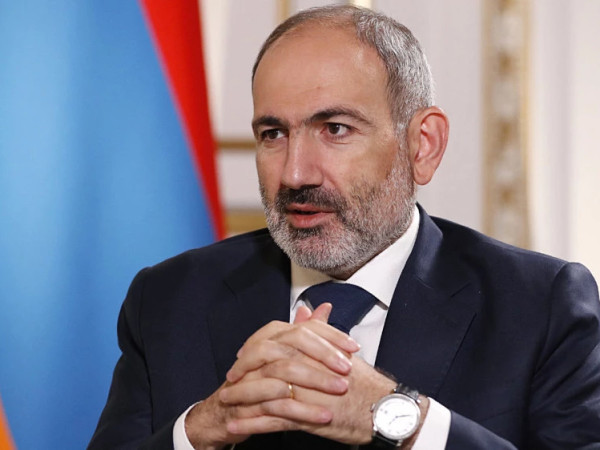After six weeks of fighting between Azerbaijan and ethnic Armenians, Armenia, Azerbaijan, and Russia have signed an agreement to end the military conflict over the disputed enclave of Nagorno-Karabakh. The deal has been read as a defeat of Armenia and a victory for Azerbaijan and Russia.
“To some extent, the end of the conflict in this way was expected. Russia was a stakeholder and consequently was involved in this conflict. On its side, Azerbaijan would have to consider Russia’s interests. Diplomatic negotiations failed to resolve the conflict,” Nika Chitadze, Ph.D., Director of the Center for International Studies at IBSU, told BM.GE.
Azerbaijan has been preparing for this conflict for a long time. Even if we look at the military expenditure of Azerbaijan since 2000, we will see that for that time the country’s defense budget was around USD 300 million, while today, this amount is almost USD 3 billion in the modern time. The country purchased military equipment – drones from Turkey and Israel and also weaponry, worth USD 5 billion from RF. Azerbaijan also has its own military industry. Consequently, the resumption of hostilities was expected for Chitadze.
Nagorno-Karabakh region is internationally recognized as Azerbaijani but has been run by ethnic Armenians since 1994. Clashes began on the morning of 27 September 2020. The exact death toll is unclear since both sides deny targeting civilians but accuse the other of doing so.
Pursuant to the agreement reached, Azerbaijan will regain control over 2/3 of its lost territory. “So, the treaty has been in favor of Azerbaijan. The problem is that together with Azerbaijan, Russia is the winner in this conflict. The Russian so-called peacekeepers will be deployed in the region for at least five years. So far, the Kremlin influence will further grow in the region. Meanwhile, the status of Nagorno-Karabakh is still unresolved. The so-called Russian peacekeepers will control the Lachini road which was designed to connect Armenia with Nagorno-Karabakh and Kremlin will have total control over it,” said Chitadze.
The agreement sets out a deployment of 1,960 troops, 90 armored vehicles, and 380 units of vehicles by Russia.
According to Chitadze, Russia has punished Armenia’s PM Pashinyan for his pro-western orientation and delivered a warning message to all other leaders in the region. “In addition, RF which is well-known with its divide and rule policy has shown to international society that they are peacekeepers”.
The positive results of the peace deal are that the IDPs will be returned, the exchange of war prisoners and corpses will take place.
“If all economic and transport ties are restored, Armenia will lift the blockade and re-establish ties with Azerbaijan and most probably with Turkey. It will have a positive impact on regional cooperation,” the Director of the Center for International Studies at IBSU told.
In Chitadze’s words, the end of hostilities is also positive news for Georgia. “If the Armenians would not agree to a ceasefire, they could resort to guerrilla operations and could carry out subversive acts on Azerbaijan’s targets, exploring Baku-Erzurum and Baku-Ceyhan pipelines for example. The conflict could also hinder the development of TANAP (Trans Anatolian Natural Gas Pipeline Project) project, also Baku-Tbilisi-Kars railway project which was scheduled to have about 5 million, and at the next stage over 17 million tons of cargo capacity”.
Chitadze believes, that establishing joint initiatives for economic cooperation will boost the importance of the region. Using balance in the region is in the national interest, and economic integration is the only way to bring peace. There was a railway designed between Kars (Turkey) and Giuimri (Armenia) in 1994. Functioning of which was stopped because of conflict in Nagorno- Karabakh in the 90-th of the last century. So, the possibility of the development of this project will be also significant for the region.
“Restoration of territorial integrity by Azerbaijan can become a precedent for other countries of the post-soviet space,” Chitadze added.
It is necessary to mention the failure in the conflict resolution process before September 2020. The Minsk Group was created to encourage a peaceful, negotiated resolution to the conflict between Azerbaijan and Armenia over Nagorno-Karabakh and included France, Russia, and the United States under the aegis of the Organization for Security and Cooperation in Europe.
As Chitadze explained, Russia approached pragmatically. “Russia acted on the basis of political realism. Meanwhile, the US and France had a more idealistic view. They hoped for public diplomacy and were less involved in the conflict resolution process due to their geographical distance”.















